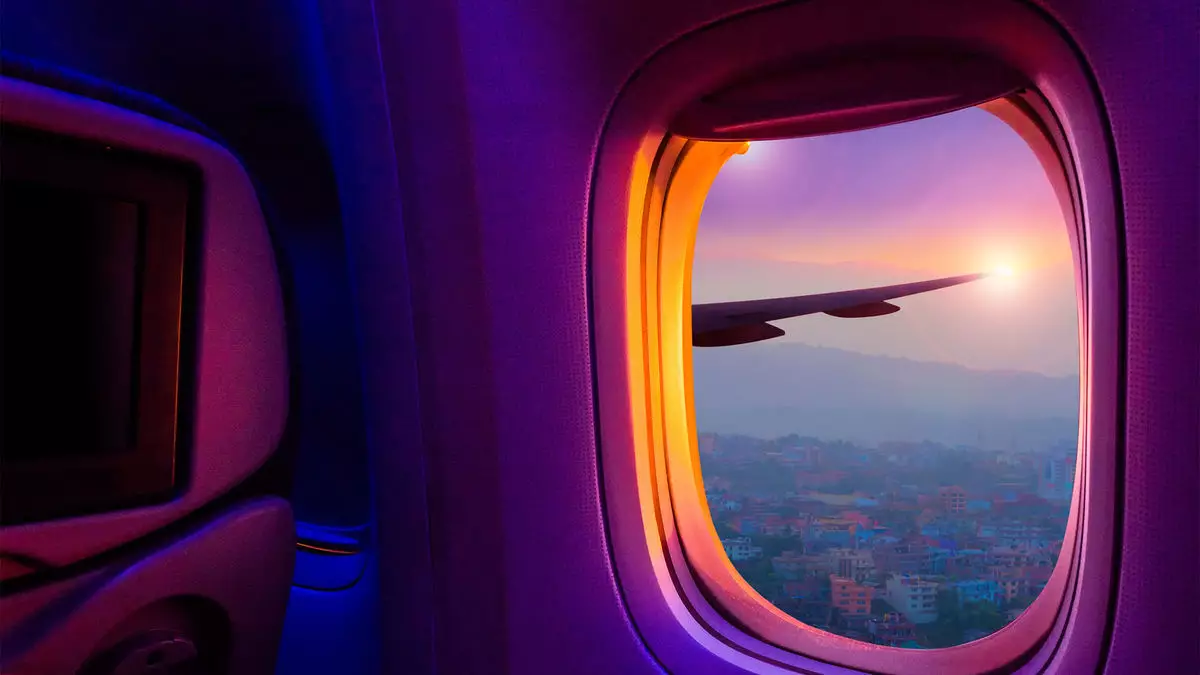As Memorial Day weekend approaches, Americans are gearing up for a summer travel season like no other. With an estimated 43.8 million people expected to travel at least 50 miles from home between Thursday and Monday, it is projected to be the busiest start-of-summer weekend in nearly two decades. Additionally, the Transportation Security Administration (TSA) anticipates that up to 3 million travelers will pass through airport checkpoints on Friday alone. This surge in travel comes amidst economic concerns and uncertainty about the country’s direction.
While travel prices have witnessed a slight decrease compared to a year ago, the overall cost of traveling remains relatively high. As a result, many travelers are adapting their strategies to cope with rising expenses. Some individuals, such as Lauren Hartle from Boston, have opted to travel during off-peak hours to save on costs. Others, like Catey Schast, are exploring alternative modes of transportation, such as trains, to reach their destinations. This shift in travel behavior highlights the increasing importance of cost-conscious decisions in planning summer getaways.
Despite economic worries, the number of Americans choosing to travel this summer continues to grow. The prevalence of car travel remains significant, with over 38 million individuals expected to take road trips during the holiday weekend. According to AAA, leaving metropolitan areas early on Thursday and Friday can help avoid peak traffic congestion. Interestingly, TSA data indicates a 3.2% increase in passengers going through airport security checkpoints this year, signaling a persistent interest in air travel despite ongoing challenges.
Airlines and airports are bracing themselves for an unprecedented summer travel season. TSA administrator David Pekoske predicts that more than 18 million travelers and airline crew members will be screened during the seven-day period starting on Thursday, marking a 6.4% increase from last year. With record-breaking passenger volumes expected, airlines have beefed up their staffing and technology infrastructure in anticipation of the summer rush. United Airlines and Delta Air Lines are forecasting significant increases in passenger numbers, setting the stage for one of the busiest summer schedules to date.
Despite efforts to enhance operational efficiency, challenges such as weather-related disruptions and unforeseen circumstances can still impact travel plans. U.S. airlines have experienced a relatively low rate of flight cancellations so far this year, offering hope for a smoother travel experience during the summer months. However, recent storms have caused significant disruptions at major airports, highlighting the need for continued vigilance and preparedness in the face of unpredictable events. As airlines strive to navigate a complex operating environment, maintaining a balance between service quality and efficiency becomes paramount.
The summer travel season is poised to be both thrilling and challenging for travelers and industry stakeholders alike. As Americans embark on their holiday getaways and summer adventures, a mix of economic concerns, changing travel behaviors, and record-breaking expectations sets the stage for a dynamic and eventful travel experience. By adapting to evolving conditions and embracing the spirit of exploration, travelers can make the most of this vibrant summer season amidst a backdrop of uncertainty and excitement.

